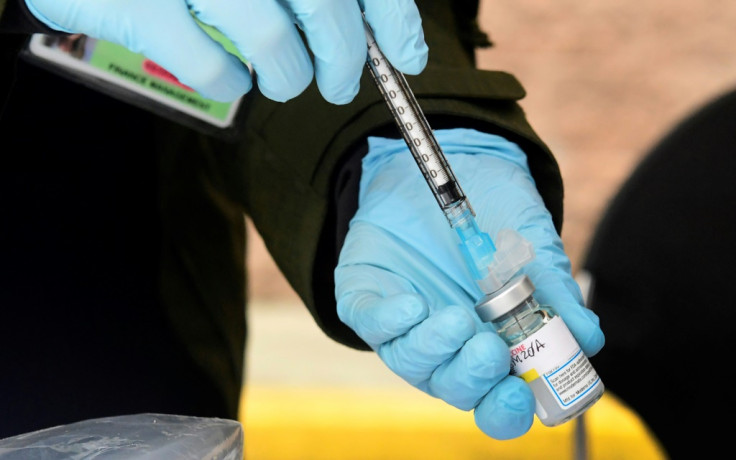Israel reopens economy as COVID-19 infection risk drops 95.8 percent after Pfizer vaccine second dose
The Pfizer/BioNTech vaccine also has a 98 percent efficacy rate in preventing fever and breathing problems among patients.
Israel's health ministry revealed that coronavirus infection rates in the country dropped by 95.8 percent after millions of Israelis received their second dose of the Pfizer vaccine. This revelation came days after a vaccine efficacy research in Israel concluded that the first dose has an 85 percent efficacy rate. As a result, the Israeli government decided to reopen the economy gradually as the country's health officials continue its vaccine rollout. Researchers published their latest vaccine efficacy research study at the Lancet.
The surge in the country's vaccination program, coupled with the implementation of strict lockdowns, allowed the country to tread towards the path of recovery. Reports revealed that shops, gyms, restaurants, and schools in Israel would reopen, providing a much-needed boost to the economy. Museums, markets, shopping centers, and libraries already started opening after almost two months of lockdowns.
In a report published by SkyNews, it stated that Israel now holds the distinction of the country with the highest vaccination rate so far with almost half of its population already vaccinated against coronavirus infection. After closing a deal with Pfizer to exchange data for vaccine doses, the country's vaccine campaign in the past two months became the fastest in the world.
According to the country's health ministry, the Pfizer/BioNTech vaccine also has a 98 percent efficacy rate in preventing fever and breathing problems among patients. It also has a high efficacy rate in preventing hospitalizations and minimizing Israel's death rate due to COVID-19 infection.
A Forbes report revealed that researchers based their latest findings on data gathered nationally from approximately 1.7 million Israelis who already received the first and second doses of the Pfizer vaccine as of January 30 of this year. Prime Minister Benjamin Netanyahu, for his part, said that he expects 95 percent of Israelis aged 50 and above to receive the vaccine during the next two weeks.
Despite the promising results, Israel's health ministry said some restrictions, such as limiting the number of people allowed in one place at a given time, would remain in place. This precaution came in light of recent data showing that the coronavirus is still rapidly spreading in the country.
The ministry also announced the launch of a "green badge" app for those in Israel who already received their vaccine doses. The app links to individual health records and would serve as proof that the user got both doses. This would allow them to enjoy greater freedom, such as access to places like restaurants and gyms, as well as cultural and sports events.
Since the outbreak of the coronavirus in the country last year, Israel recorded around 743,000 cases of COVID-19 infection, with at least 5,521 deaths. From that time until last month, the country went through three lockdowns that put the country's economy at a standstill and drove unemployment rates to more than 20 percent.
© Copyright IBTimes 2025. All rights reserved.






















